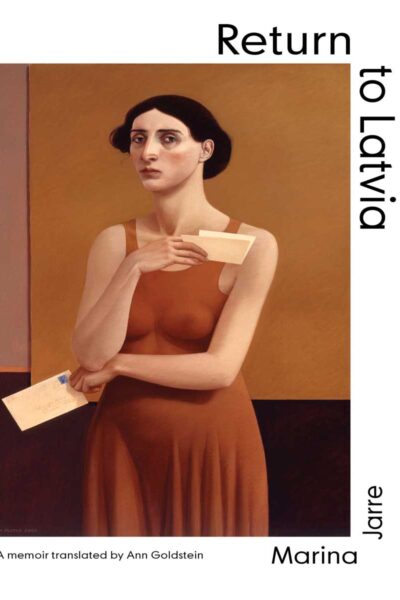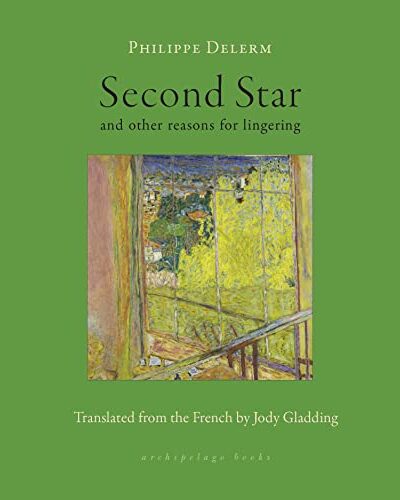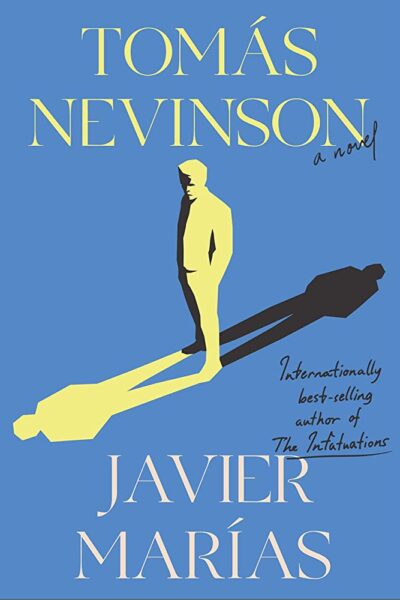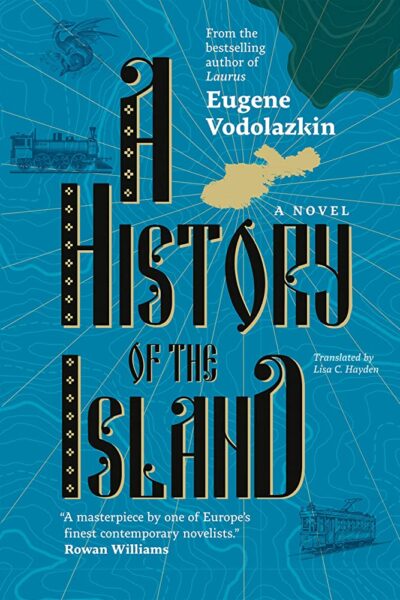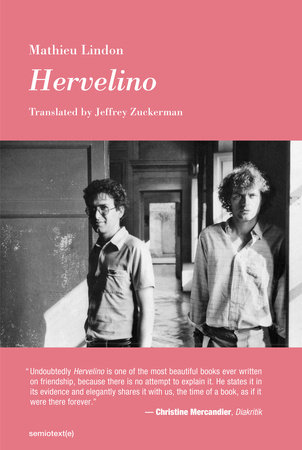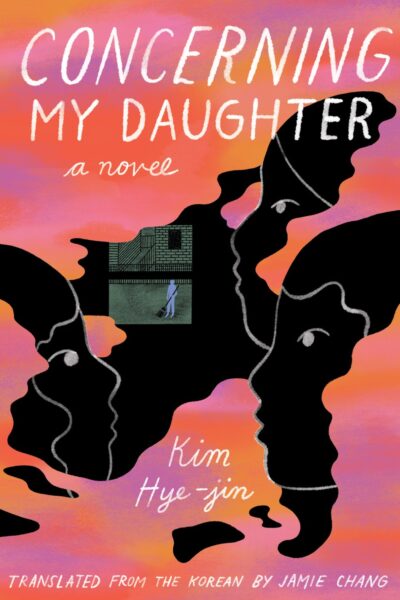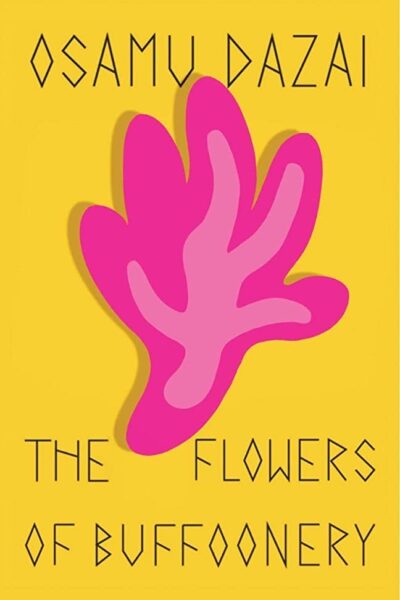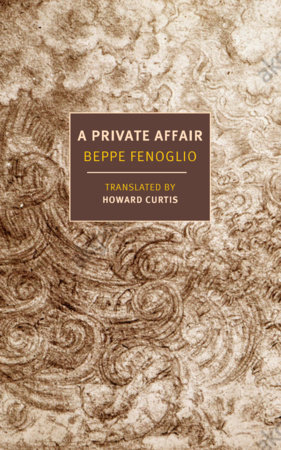Return to Latvia – Marina Jarre
What it might have cost Jarre emotionally to face this awful truth, one can only imagine. But we readers are the grateful, if tearful, recipients of this revelatory largesse.
Second Star: And Other Reasons for Lingering – Philippe Delerm
Delerm calls on the body, mind, and visual field to preserve the essence of a moment. . . . [His] direct, humorous observations are both relatable and attentive to the largely unnoticed aspects of daily life.
As often happens when you have nothing left to lose, everything just clicked, the voice she had been honing throughout her artistic career was now razor-sharp, as was her sense of humor, righteous indignation, and impatience with classical, “proper” style . . .
Tomas Nevinson – Javier Marías
Reality may be unruly and even illegible, and though we may want and even need to forget that at times, our escape is not without its consequences. Someone always pays.
With Kairos, Erpenbeck proves the impossibility, irresponsibility even, of an easy binary and reminds us that the only thing we can be certain of is an ending that will bring along change.
A History of the Island – Eugene Vodolazkin
Looming large in the minds of the citizens is a prophecy of final doom by Agafon the Forward-Looking, recurring in moments of political instability.
For an elegiac work, Hervelino has little in the way of lamentation or solace. “Death was there, there was no theorizing it or solving it.”
Concerning My Daughter – Kim Hye-jin
Tightly structured, carefully crafted . . . no word, symbol, metaphor, or nuance is wasted.
The Flowers of Buffoonery – Osamu Dazai
This creator of moody, Dostoevskian heroes—toeing the line between brutality and beauty, cynicism and élan—has the kind of biography that threatens to overshadow the work itself, and that’s before you realize that most of what Dazai wrote is taken to be autobiographical.
A Private Affair – Beppe Fenoglio
In Fenoglio’s narrative of war, everyone is equally dehumanized and every story equally absurd.



